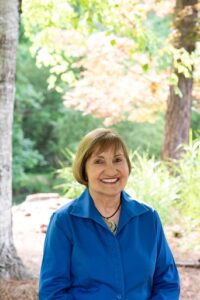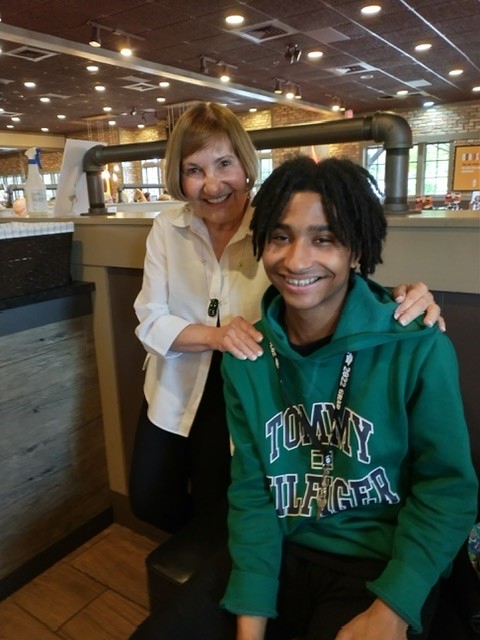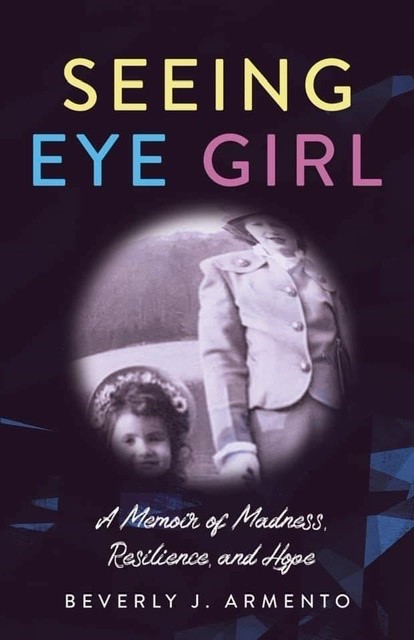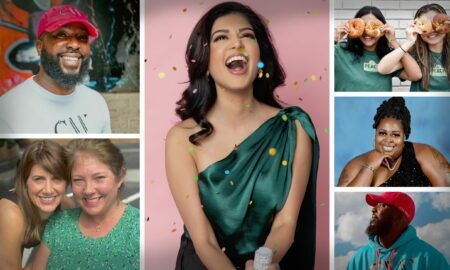
Today we’d like to introduce you to Beverly Armento.
Hi Beverly, please kick things off for us with an introduction to yourself and your story.
I am the oldest child of a blind and mentally ill mother. As such, I was her Seeing Eye Girl, guiding her about town and managing the tasks of the household. My first five years were the happiest, for I was adored by two loving parents. My mother’s psychological break occurred when I was five, when she became delusional and violent, especially toward me. The serious beatings and emotional abuse started when I was seven and continued until I was 24, at which time I had only bad choices for myself: stay and endure the violence and dysfunction; end it all by committing suicide; or run away and live for another day.
I did choose to run away from home to the tune of a thirteen-state alarm. In those growing-up years, I saw myself as Strong Beverly and Weak Beverly. My strength came from school and church where I was mentored and encouraged by caring adults who were unaware of my home experiences, mainly because I presented myself as a smiling, outgoing, and precocious child. Like so many other children who live daily with Adverse Experiences, I suppressed my emotions and acted like everything was fine!
Teachers made me think I was capable, smart, and that I could do just about anything! And I believed them. I was highly successful in school, went on to earn scholarships to attend a local state college in New Jersey. I was inspired by my teachers to be just like them and pursue a career in education. I committed myself to treating my students like my teachers treated me: as though each was brilliant and to love and care for each as though they were my own child.
Now, after a fifty years career as an educator, I am Professor Emerita at Georgia State University where I was on a mission to influence prospective educators to hold these same beliefs: to create socially just, caring classrooms.
Would you say it’s been a smooth road, and if not what are some of the biggest challenges you’ve faced along the way?
Surviving my abusive and dysfunctional childhood was difficult, but I was resilient and figured out ways of minimizing my pain and stress. For the first twenty years after leaving home, my guilt over running away and leaving a family I’d been supporting caused me much anxiety. Again, I suppressed these feelings while I earned a master’s and doctoral degree after teaching for seven years. Now it was my students who empowered me to be the best educator I could be.
Alright, so let’s switch gears a bit and talk business. What should we know about your work?
I’ve loved every moment of my fifty years career as an educator, modeling through my teaching techniques the best ways to promote learning and social/emotional growth. My style of teaching is to model effective teaching strategies, then to analyze the process as well as the content with prospective educators in the hope they could better apply these research-based approaches in their own classrooms.
Now, in my retirement, I’ve written “Seeing Eye Girl,” a memoir of my early years to highlight the Invisible Walking Wounded amongst us and to encourage the educators who may doubt the power of their influence.
What does success mean to you?
It’s difficult to measure a teacher’s influence, for sure. If I’ve empowered one child and one educator, I’d feel successful. The fact that I’m still in contact with “kids” from my first class, 1963-64, might indicate that at least they remember me!
Contact Info:
- Website: www.beverlyarmentoauthor.com
- Instagram: beverlyarmento
- Facebook: Beverly Jeanne Armento


Image Credits:
Erin Brauer Photography













